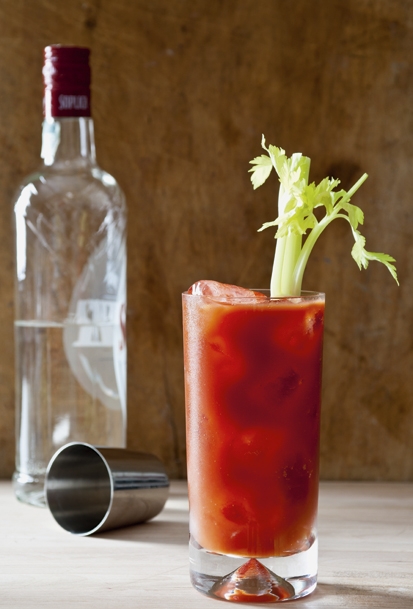James Bond’s ‘Vodka martini, shaken, not stirred’ will never be a mark of sophistication for me because vodka and I go back too far. Our association began when I was nine or ten in that brief interlude after the second world war when Russia was still ‘our noble ally’. Vodka was simply one more new thing, marketed when pizza was still called ‘pizza pie’ and the strict law pushed for years by the butter interests was dropped, permitting margarine to be sold coloured instead of white.
Putting margarine ‘on the table’, once unforgiveable, quickly became common practice, but vodka’s image problems were harder to shake. The USA is a whiskey country. Whiskey has to be aged, while vodka, like gin, does not. Therefore, went American thinking, vodka was rotgut, just like the gin we made in bathtubs during the Prohibition Twenties. So if you just wanted to get drunk, you might as well buy the cheapest brand of vodka in the store and save your money for ‘good’ whiskey, i.e., bourbon.
This advice, which fathers gave grown sons, goes far to explain how vodka became the seducer’s friend. By the time I got to college, Russia was no longer our noble ally. The Cold War had been declared and Russians were to blame for everything. For a small but influential segment of the 1950s social scene, they were even to blame for inventing vodka. This segment consisted of the housemothers of girls’ dorms, who developed such a bee in their bonnets about vodka that they came to regard it as the cause of all their troubles. My housemother at the University of Mississippi became especially distraught over it and summoned us to a disjointed lecture:
‘Gulls! Gulls! Come in heah, gulls! Ah want to tell y’all about somethin’ everra gull should know. There’s a new drink called voodka and the godless Commanists are behind it. You cain’t taste it, and you cain’t smell it, so don’t let any of those boys give it to you and tell you it’s pop, you heah?’
This is how vodka gradually became the American woman’s drink. The claim that it is tasteless and odorless, repeated often enough, eventually persuaded women that in some way, for some reason, it is not fattening. It made sense when you thought about it logically. The Bloody Mary’s base of tomato juice really is low-calorie. So is the stalk of celery used as a swizzle stick. It looks like a diet; therefore, it is a diet, as well as a feast for rationalisers: think of all that Vitamin C.
The Bloody Mary is actually a nice drink for nice women — the name is merely camouflage. America had another one like it in the Thirties, invented for nice women who wanted a nice drink with a name that did not sound like a nice woman. It consisted of a jigger of sherry in a glass of ginger ale and was called a ‘Mamie Taylor’.






Comments